Don't let assumptions become ammunition
The other day I saw the following statement by @brite2briter in my twitter stream: “Assumptions are ammunition for our untrained minds.” It got me to thinking how many times individual or organizational assumptions create limits and conflicts. The same can be said about relationships.
“If my boss is being nice to me today, he most want something. I better be careful.”
“New investors will not care for our values.”
“I’m too old to learn that new system.”
“Beware, all people from . . . are. . .”
“I can't afford to invest in new learning.”
“You must think I’m an idiot! What do you think YOU are?”
“You must be trying to make me feel bad.”
“This organization is going to fail if we keep talking about innovation.”
“This marriage is going to end up in divorce if you keep triggering my jealousy.”
. . . I’m sure you can think of many other assumptions.
This short post only purpose it to help you think about assumptions. The assumptions you and your organization make are frequently the ones you end up acting on. They become self-fulfilling prophecies.
Assumptions just ARE. That is not the problem. The problem is that they can become live ammunition if we don’t check them out.
Assumptions you make about others are one of the biggest reasons for misunderstandings and unhealthy conflicts that you may have. If you react based on your assumptions you can become angry for nothing. If you had bothered to check, you would have learned that you were totally wrong in your perception, and there was no need for conflict.
Our assumptions play a large part in how we view the world and how we behave towards others, yet they are often invisible to us. We become so habituated to them that we "know" the whole world agrees.
Learning to identify your assumptions allows you to see the world in a new light. By identifying your assumptions you have the opportunity to check them out and build common ground. You can learn to respect others and their contributions, even when they may contradict things you have long held to be true.
Above all, by checking your assumptions you can get reminded that you don’t know it all, and that you can’t read other’s minds. It will help to keep you humble!
Some questions for reflection:
What assumptions do you regularly make? Are you checking your assumptions or reacting based on them? How many conflicts would dissolve if everybody in your organization checked their assumptions before reacting negatively? How many conflicts will not happen with your partner if you checked your assumptions first? Share your thoughts with us.
Remember. . .
Don’t let assumptions become ammunition. Use them as information that can bring new light. If you want to be able to learn anything new, check your assumptions!
If you want a quick reminder of “Do’s and Don’ts” of effective communication, ask for a complimentary infographic and master class by clicking on the button below.

